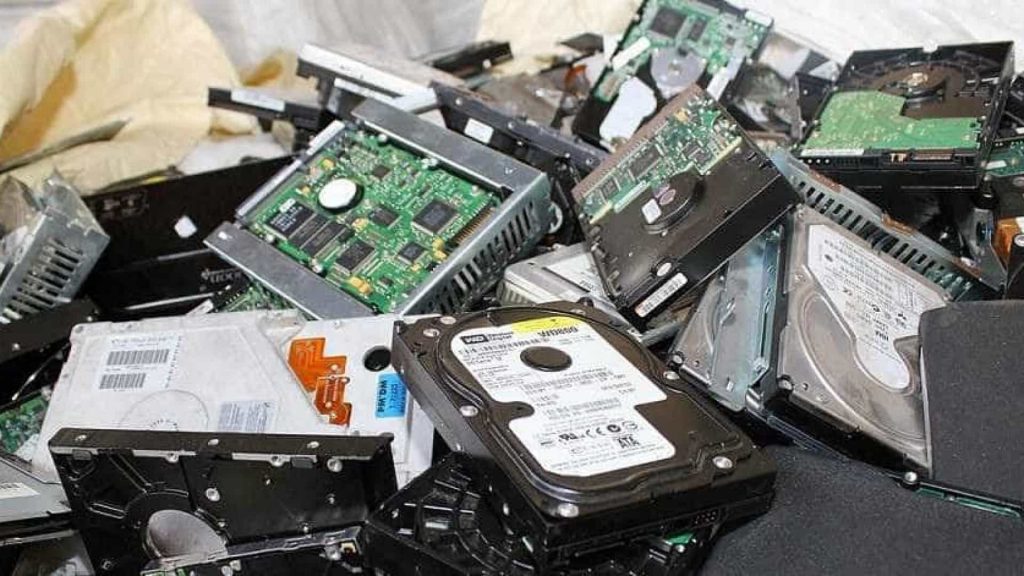RIO DE JANEIRO, BRAZIL – With 65 collection points throughout the state of São Paulo, Green Eletron has collected approximately 185 tons of E-waste since late 2017. The non-profit initiative to accept devices discarded by consumers was founded in 2016 by the Brazilian Electrical and Electronics Industry Association (ABINEE). As a result, companies began complying with the provisions of the National Solid Waste Policy, a law that came into force in 2010.

Among the legal stipulations is the requirement for the production and sales chain of electronic products, among other sectors, to establish a reverse logistics system. In other words, companies are now required to ensure that waste generated by their products is disposed of adequately.
São Paulo has been ahead of the rest of the country by implementing the collection and reuse of electrical and electronic waste. The sectoral agreement, which will make the system compulsory throughout the country, went into public consultation on July 31st. The Ministry of the Environment will be receiving input for one month before the final version of the text.
In 2017, the state government put forward a plan of commitment to implement reverse logistics for electronics in São Paulo, which boosted the corporate initiative.
Currently, the initiative involves 26 member companies. A wide variety of materials are collected. Since the end of 2017, collection points have received 4,100 cell phones and 6,500 household appliances (such as coffeemakers, blenders, and microwave ovens), among other items.
Recycling companies reuse the raw materials collected, such as plastic, and even convert them into new products. In this regard, Brazil is ahead of most countries, according to Sinctronics’ director of innovation, Carlos Ohde. Sinctronics is one of the companies in charge of processing discarded electronics.
This ability to convert e-waste into new products has earned Sinctronics international recognition. According to the director, the company has received two mentions from the World Economic Forum and even an award from the American Association of Manufacturing Companies. “Brazil is among the first countries to do this,” emphasizes Ohde on the plant’s ability to convert discarded printers into new ones.
With the signing of the sectoral agreement, which is expected to collect 17 percent of the 1.5 million tons of e-waste produced in Brazil annually, other obstacles are likely to arise because of the country’s size and its areas of difficult access.
Despite the costs, the operation is significant because, in addition to preventing soil contamination from dumping e-waste in landfills, it is also a means to stop retrieving new raw materials from nature, thus sparing resources.

